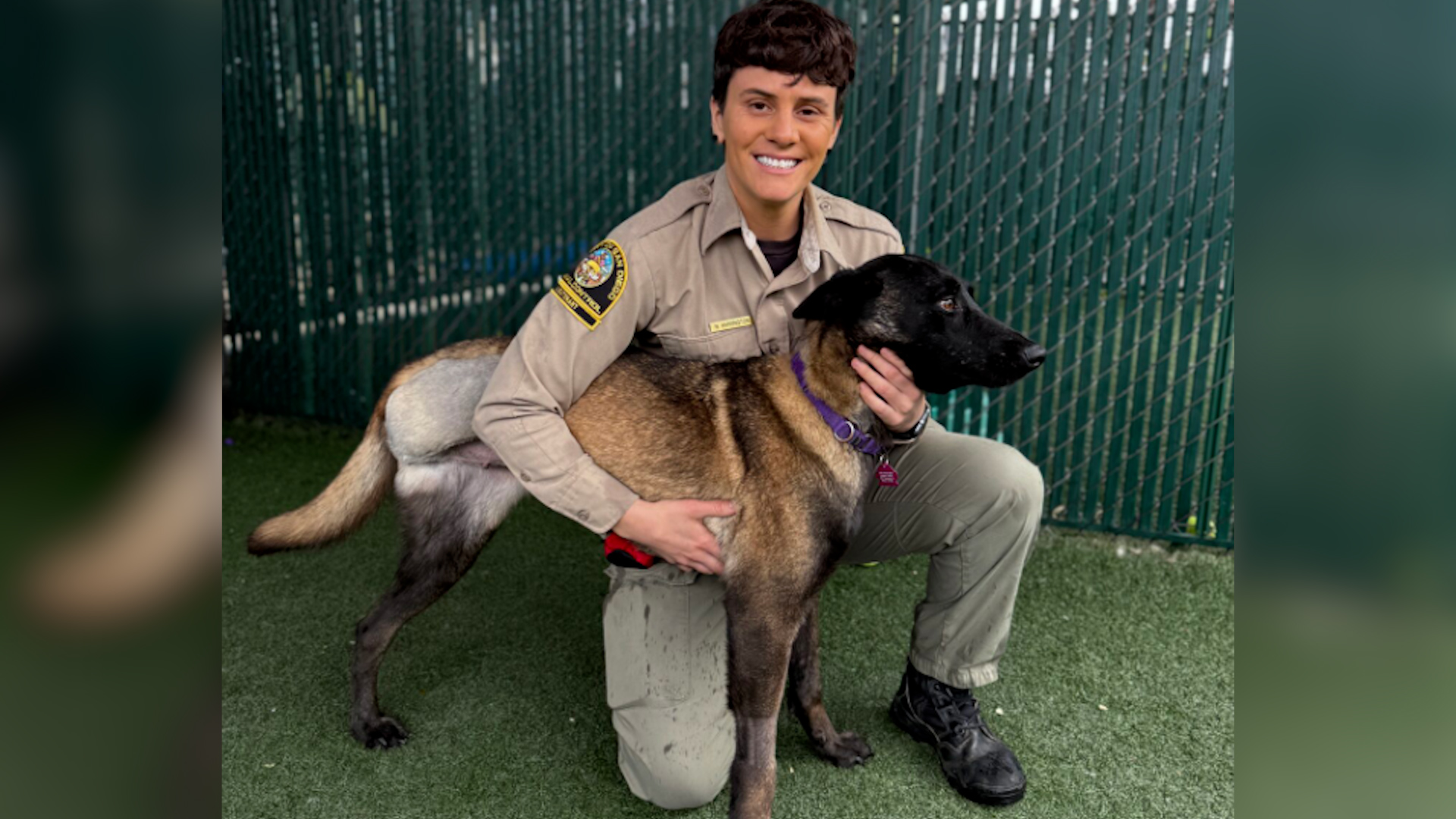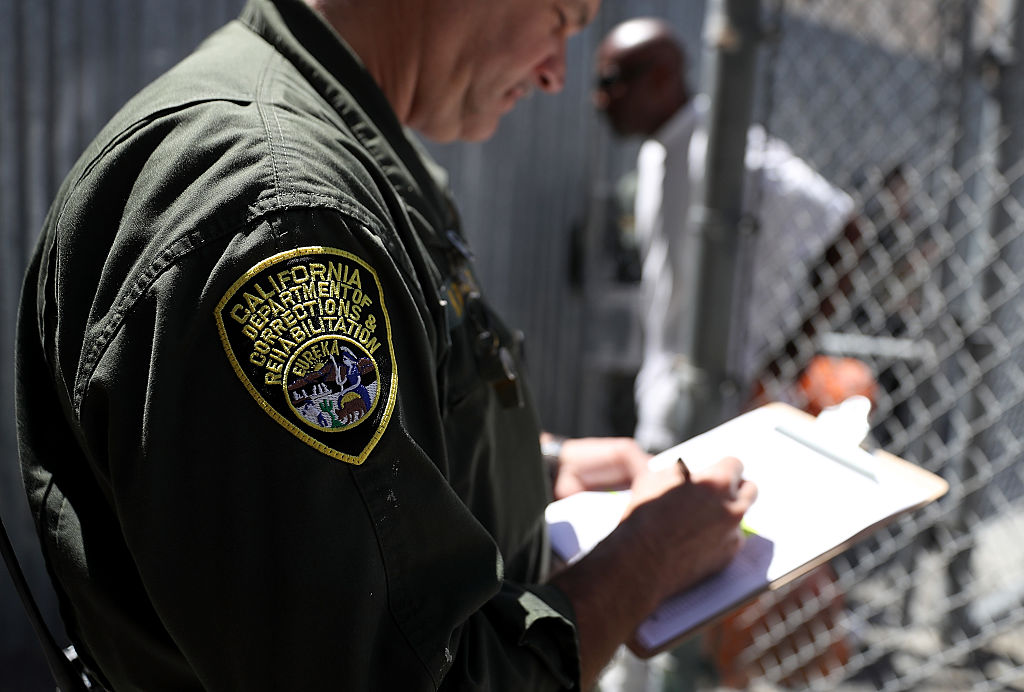Concerns about artificial turf fields and their impact on children and athletes are coming into play in San Diego during a week-long conference. NBC 7’s Matt Rascon reports.
Concerns about artificial turf fields and their impact on children and athletes are coming into play in San Diego during a week-long conference.
The fake grass on some parks and fields has come under fire, as opponents of the fake grass say the grass has chemicals in the rubber -- and others say there is evidence to support its safety.
John Sorochan, a turf grass professor at the University of Tennessee, conducts his research on making fields safe for athletes and has a Ph.D in turfgrass science from Michigan State University. Sorochan is one of many in San Diego this week for the Sports Turf Manager Association Conference at the San Diego Convention Center, where artificial turf is one of the items discussed.
Critics and supporters of artificial turf haven't been able to agree whether it is harmful for people who play on it.
One downside to having a natural grass field is the difficulty with maintaining it and keeping it alive, but when comes to artificial turf fields, the question some people have is whether or not the turf is safe.
“That’s what people are worried about, is the compounds that may be associated with the recycled car tires,” said John Sorochan. “When you look at some of the research that's been done, there hasn't been any findings that there's any toxicology or toxic effects from that that there's a risk for human exposure when they use these surfaces.”
Some coaches, doctors and parents have raised questions about the chemicals found in the rubber infill that sometimes winds up stuck to athletes’ skin, shoes and clothes.
Local
According to the Environmental Protection Agency (EPA), mercury, lead, benzene and arsenic are among other chemicals found in tires, but no research has officially linked crumb or shredded rubber to cancer or other harmful impacts.
Sorochan says the EPA has not really stepped up to do an investigation on any potential risks.
“When you look at some of the research that's been done, there hasn't been any findings that there's any toxicology or toxic effects from that, that there's a risk for human exposure when they use these surfaces,” he said. “When you think about it, when there's 250 million cars in the streets in the U.S., that's a billion car tires. We have to replace our car tires because they grind down to a fine, fine powder -- a lot finer than they use on artificial turf, and anytime it rains it washes that rubber into our water supply.”
However, he said, for those that have concerns about the field, he thinks the artificial turf fields are safe. His kids play on either fields, he said, and he feels confident letting them do so.
Others, like Carmel Valley resident and neurologist Emily Engel, don’t always feel the same.
“There has been evidence artificial turf contains lead and other toxic components that have been associated with lymphoma and neurological problems,” said Engel, who is opposed to artificial turf fields. She previously told NBC 7 San Diego she believes the turf poses a long-term health risk.
Sorochan said when it comes to artificial turf, the biggest concern is temperature.
“An artificial turf field, temperature is the probably the number one problem to be concerned about,” he said. “So in San Diego in the summertime, if its 90 degrees, it could be 150 on that surface.”
In November, California announced it would spend $3 million to study whether artificial turf made of recycled tires is a health risk.
State officials hope the study will provide answers after mounting concerns of the so-called "crumb rubber" on artificial turf is linked to causing cancer.



